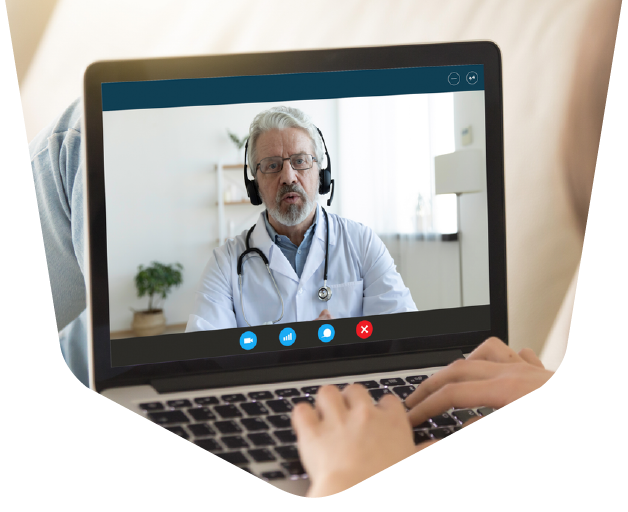Happy American Pharmacist month! In honor of the fantastic Clinical Pharmacists at Shields, we will be using our Care Corner Blog this month to share stories from our Clinical Pharmacists. Our first story was sent to us by one of our Regional Clinical Pharmacists at Montefiore Medical Center.
I was on a routine follow-up call with an HIV patient to review her medications when she admitted to recently missing some doses. I was surprised to hear this because she was showing excellent adherence to her medication and optimal outcomes. However, she acknowledged that recently she has been in a “funk,” and taking her medications had become a struggle. She said that staying on track had been a challenge lately with COVID and virtual reality. While she thought that being at home more would make things easier and taking her medications wouldn’t be an issue, she soon realized that her Bipolar disorder was causing it to be a struggle.
While this patient is currently seeing a therapist, she admitted that they hadn’t touched base as often as they should, which concerned me due to her bipolar disorder. When her and her therapist have been connecting, it has been over the phone, which she doesn’t find as helpful since she is more of a hands-on person. She also felt that she is going through some things that don’t get addressed due to “virtual life.” I sat and listened, and we spoke through how she is feeling. I empathized with her struggle.
To help her, I listed some suggestions on coping and getting back on track with her medication. My first suggestion was to set an alarm on her phone to remind her to take her medications each day, but this wasn’t something she felt would work for her. Therefore, we walked through some other medication adherence methods and landed on placing a sticky note somewhere she would look every day, such as her TV. My second recommendation was to schedule video sessions with her therapist instead of talking over the phone to help her feel more connected.
At the end of our call, my patient was extremely appreciative. She thanked me for talking her through how she felt, even though our call was supposed to be just a medication follow-up. She mentioned that living with the HIV, there are not many people who understand or people who are aware and feel comfortable talking to.







